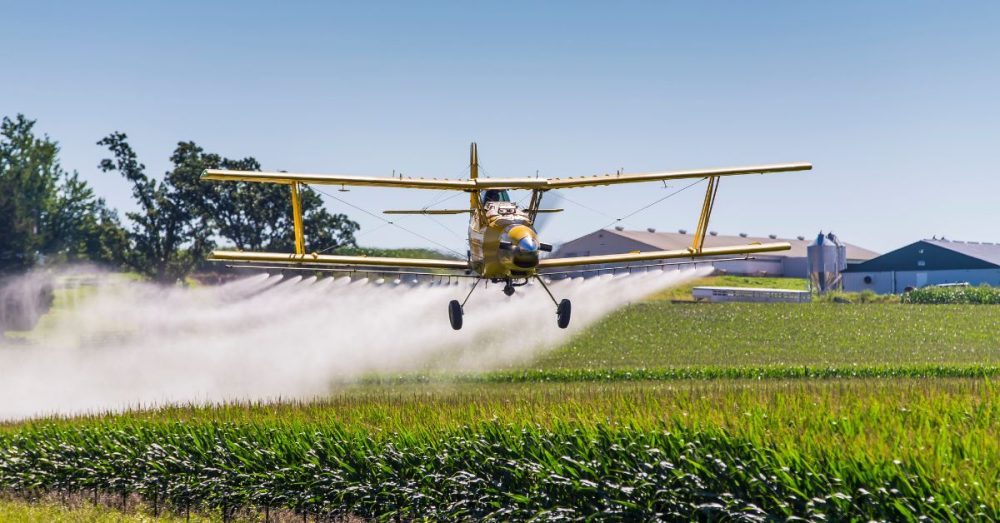A new study suggests that living near areas where certain pesticides are used in agriculture can be just as dangerous as smoking.
Exposure to pesticides can pose significant dangers to human health. Such chemicals, designed to kill pests, can cause acute and chronic health issues in humans, including respiratory problems, skin irritations, and neurological disorders.
Long-term exposure has been linked to serious conditions such as cancer, reproductive issues, and endocrine disruption. Additionally, pesticides can contaminate soil and water, harming wildlife and disrupting ecosystems. The risk is particularly high for agricultural workers and communities near treated areas.
Here’s some of what Medical News Today reported on the latest study:
In areas near agricultural production, pesticides increase the risk of developing cancer as much as smoking, according to a new nationwide study.
Its authors found strong links between environmental pesticides and leukemia, non-Hodgkin’s lymphoma, bladder, colon, lung, and pancreatic cancers, as well as cancer combinations.
The researchers compared the risks of pesticides to the known cancer risk associated with smoking cigarettes to provide an easily understood measure of risk.
While the authors assert that “pesticides are an essential feature of modern-day agriculture” — resulting in robust crop yields on which the planet’s food security depends — it spotlights the inherent danger in relying on them.
“There are few innovations as significant in agriculture as the development and use of pesticides,” they write.
To assess associations between pesticides tracked by the United States Geological Survey and cancers, the researchers analyzed county-level data from across the U.S. They identified pesticides reported in each area, and cancer cases, as well as the incidence of cigarette smoking and other possible factors.


